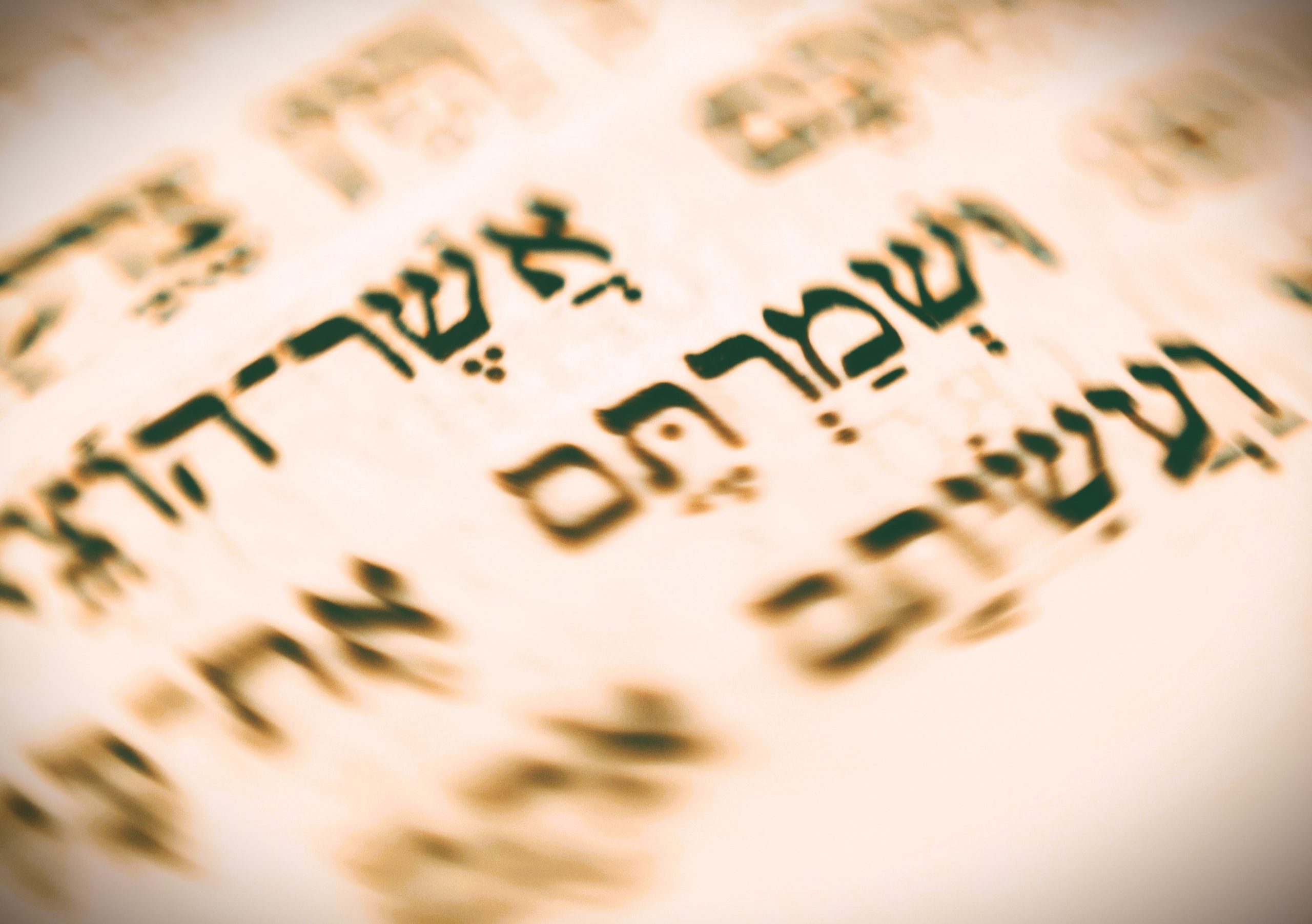
See, Hashem has proclaimed by name Betzalel ben Uri…[2]
Names are important, teach Chazal. They even influence the actions we take. The Heavens refer to a person by the same name that people use to address him. The letters of a person’s name are his sustaining force. With the kedushah of those specific letters he is able to serve Hashem his entire life.
It is for this reason that evildoers cannot remember their names after death. When they are asked for their names, the real question is, “What did you do with the kedushah of the letters of your name, i.e. with the bundle of abilities that were given to you? How much kedushah did you produce for the world with those letters? Shamefacedly, they have nothing to show for themselves.
This was Dovid’s intent in writing, “Come and see the works of Hashem, who has placed devastation/shamos in the land.”[3] Chazal[4] comment: “Read this not as shamos, but as sheimos/names.” This is difficult to understand. Why should it not be read shamos, exactly as it appears in the text?
The two words, however, are logically connected. What Hashem placed in the world was sheimos, the holy letters of His name. Tzadikim use that potential to serve Him. Resha’im, however, do no good deeds to sustain those letters. They leave them empty, desolate, devastated. They use the letters of their names – letters that the righteous utilize to accomplish great things – and empty them of their kedushah.
Our pasuk reflects this idea as well. Hashem did not just designate Betzalel as the project manager for the mishkan. He called him by name. The letters of that name would give him the ability to succeed. Indeed, he was able to prevail against Moshe’s instruction to first produce the vessels, and only after turn to the mishkan’s structure. Betzalel objected that the kelim would need a location to be placed. Moshe concurred, and pointed to his name! “You have been in the shadow of G-d/betzel kel in this regard!”[5]
The potentials that come with a particular name do not determine the course of a person’s life. Those potentials can be used for good or bad purposes. A person’s freely willed decisions determine how they are used. There is enough flexibility in them to allow for different outcomes.
How parents anticipate the role their children will play can determine the names that they assign to them. Rochel called her newborn son Ben-Oni (the son of my affliction) because her ruach hakodesh showed her that two Temples which would stand in his portion of the Land would tragically be destroyed. Yaakov, however, saw beyond that. He saw the third and final beis hamikdosh – of even greater prominence than the ones the preceded[6] – that would rise. He named his son Bin-yamin (the son of the right), seeking to tie his son to Hashem’s chesed, the midah of the right side.
- Based on Meor Einayim by R. Menachem Nochum of Chernobyl ↑
- Shemos 35:30 ↑
- Tehillim 46:9 ↑
- Berachos 7b ↑
- Berachos 55a ↑
- Chagai 2:9 ↑


